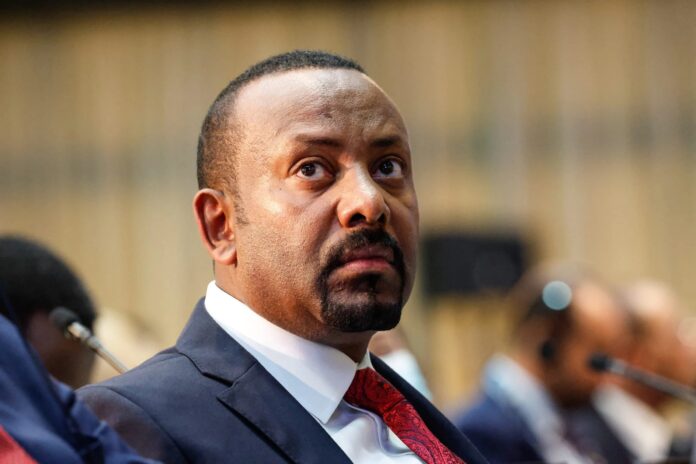Ethiopia’s Prime Minister Abiy Ahmed is charting an ambitious economic course, blending fiscal discipline, agricultural revival, and mega-infrastructure projects to reshape the nation’s future. At the heart of his message: self-reliance over foreign dependence.
Debt and Discipline
Abiy claims Ethiopia’s debt is manageable, citing a $4–$4.5 billion restructuring and a halt to commercial borrowing since reforms began. With $23 billion in external debt, he argues Ethiopia’s liabilities are modest compared to regional peers. Yet, the country remains in official debt distress. Talks with private creditors over a $1 billion eurobond remain unresolved, and IMF projections show debt service will exceed 17% of exports through 2030.
Revenue Gains vs. Inflation
Pains Government revenues have surged from Br170 billion to Br1 trillion, thanks to digitized tax systems and tighter oversight. Exports hit $8.3 billion, and foreign reserves reportedly grew tenfold. However, inflation—especially in food and transport—continues to bite, despite subsidies totaling Br440 billion.
Agriculture as a Pillar
With wheat output jumping from 47 million to 280 million quintals, and rice from 1.5 million to 63 million, Abiy touts farming as Ethiopia’s self-reliance engine. Fertilizer production, irrigation, and mechanization are credited for the gains. But experts warn that climate risks and weak supply chains could limit export potential.
Mega Projects and Industrial Push
The $10 billion Bishoftu International Airport aims to turn Ethiopian Airlines into a global hub. Backed by the African Development Bank and partners from China and the Gulf, it’s a centerpiece of Ethiopia’s industrial ambitions. Other projects include a $2.5 billion fertilizer plant with Dangote Group and expanded gas and housing initiatives.
Promise vs. Pressure
Abiy envisions Ethiopia as Africa’s top economy by 2036. Supporters hail the confidence; critics caution against overreach. As economist Addis Kassahun notes, “Success will be judged less by podium statistics than by whether households and firms feel conditions improving in their daily lives.”
Source: The Africa Report

